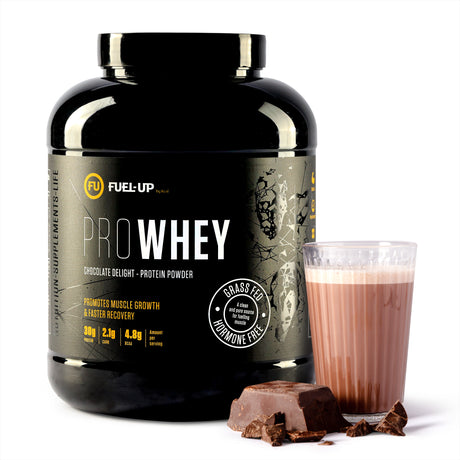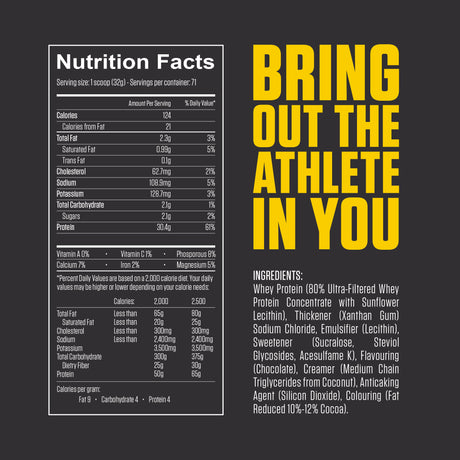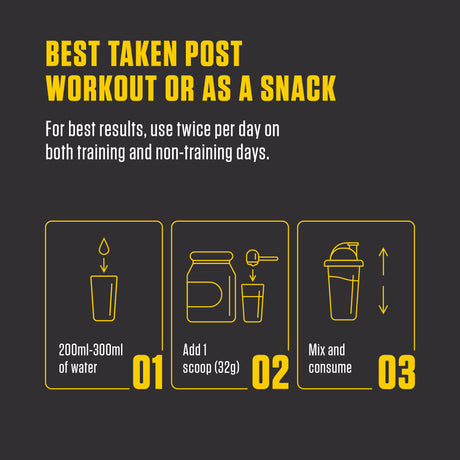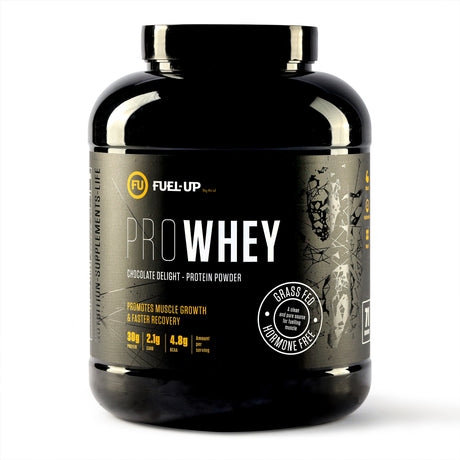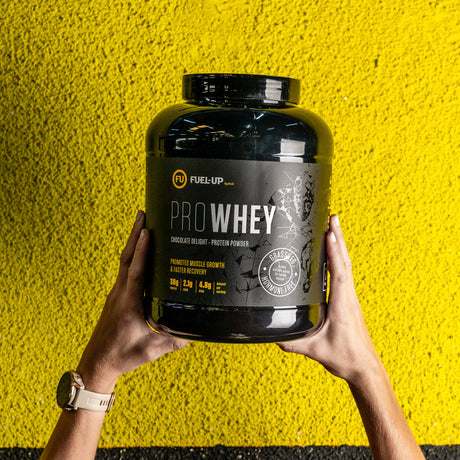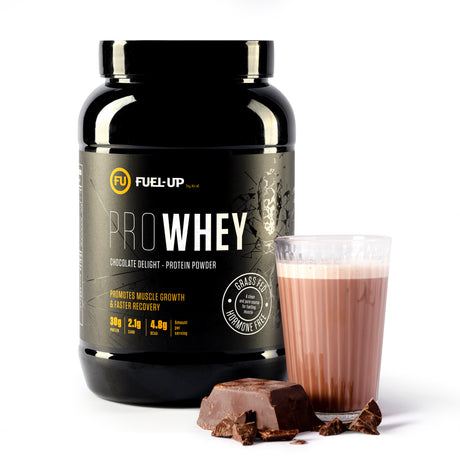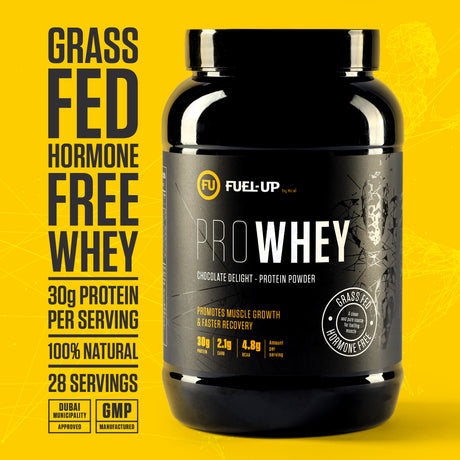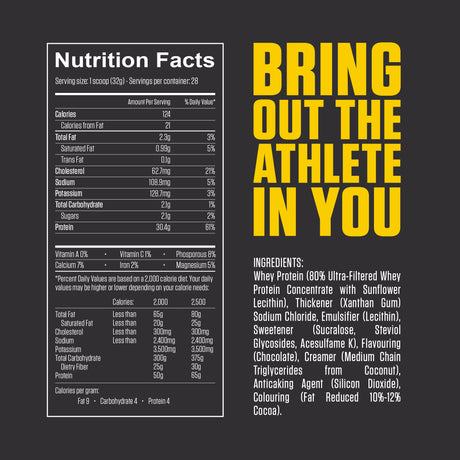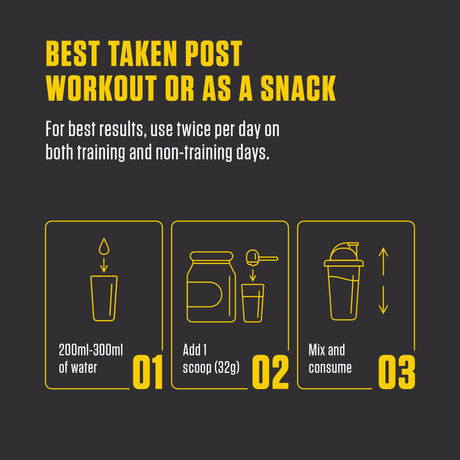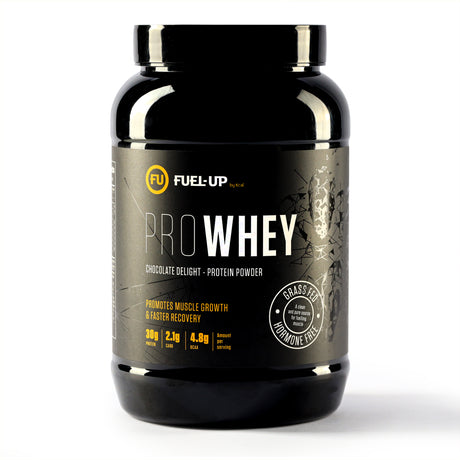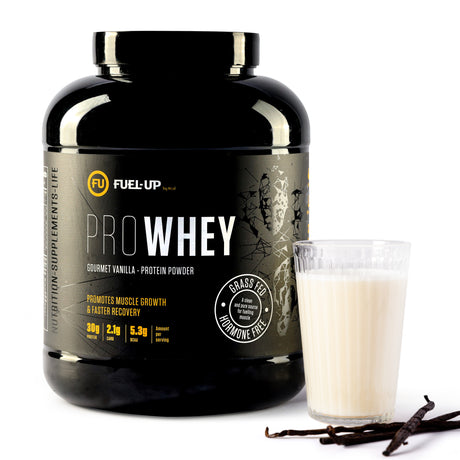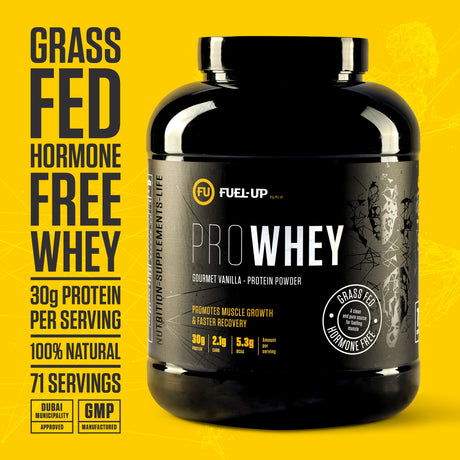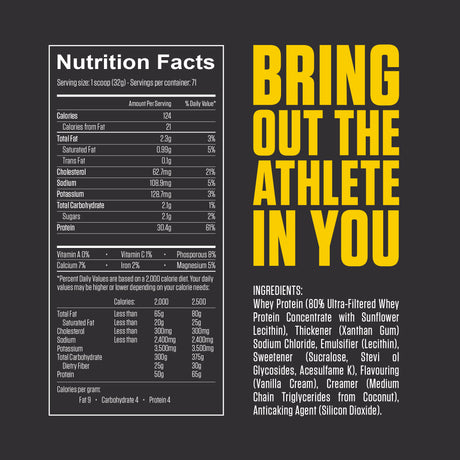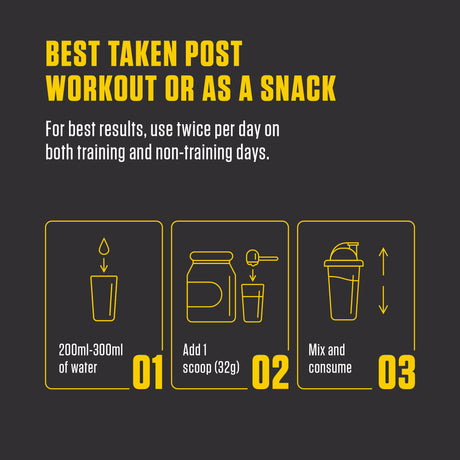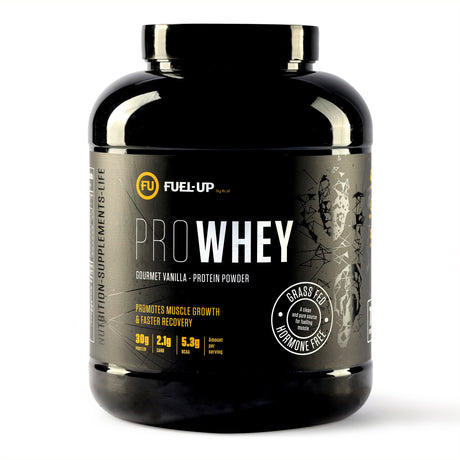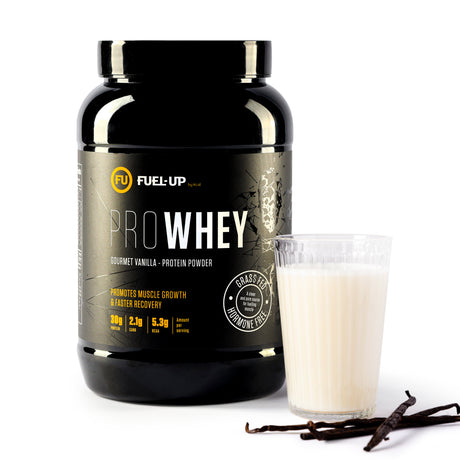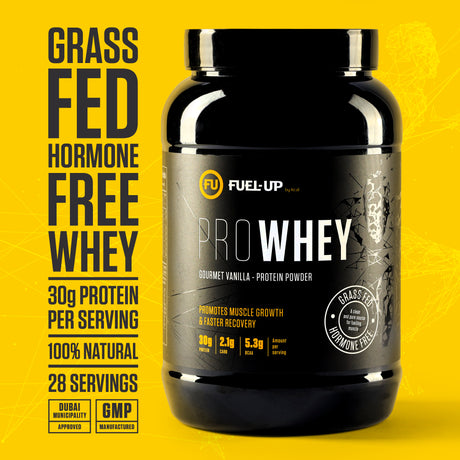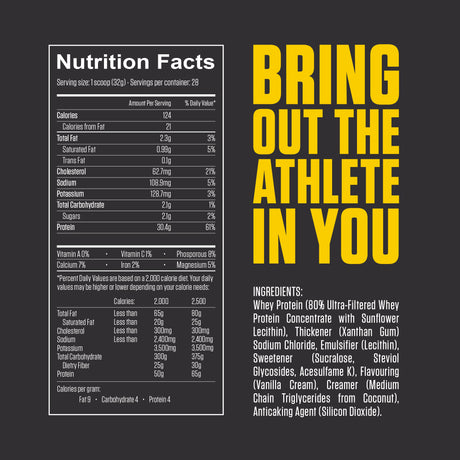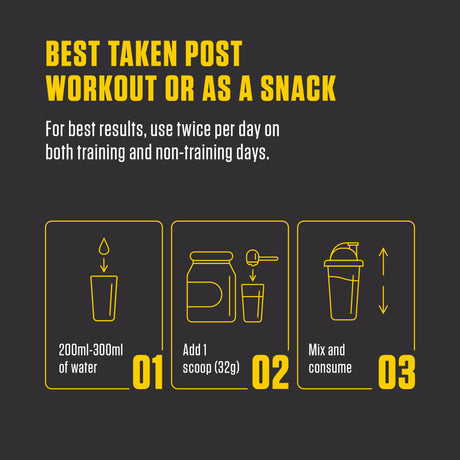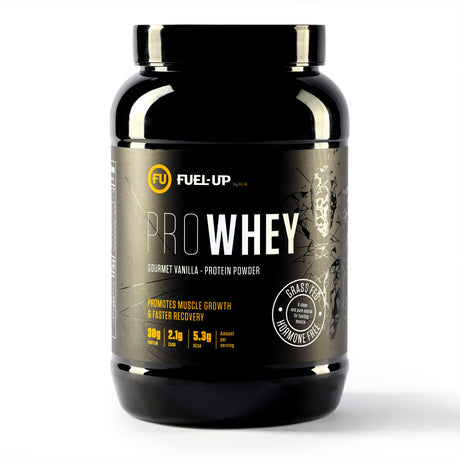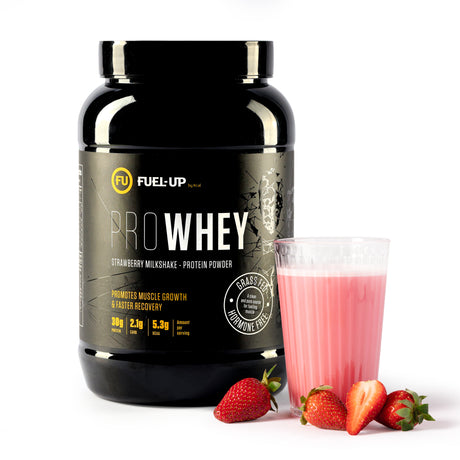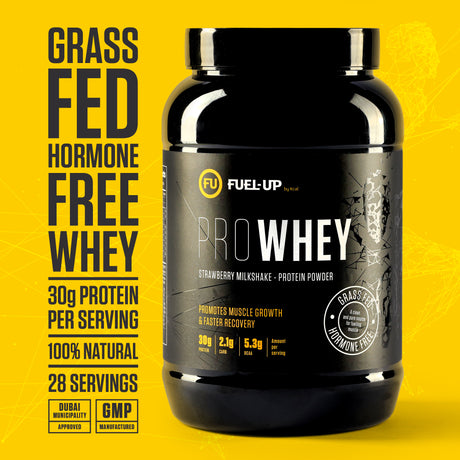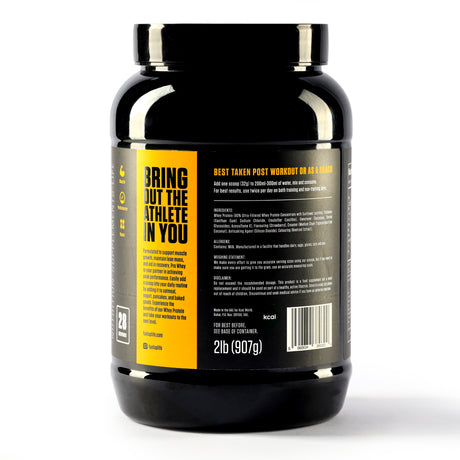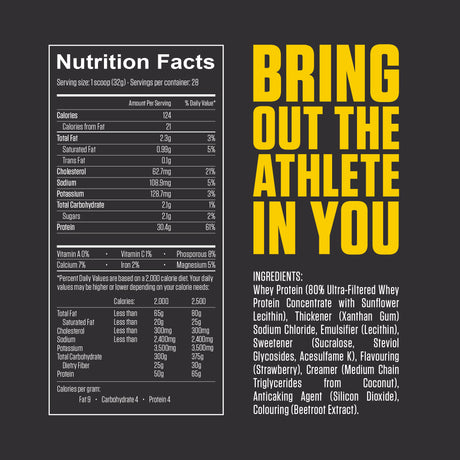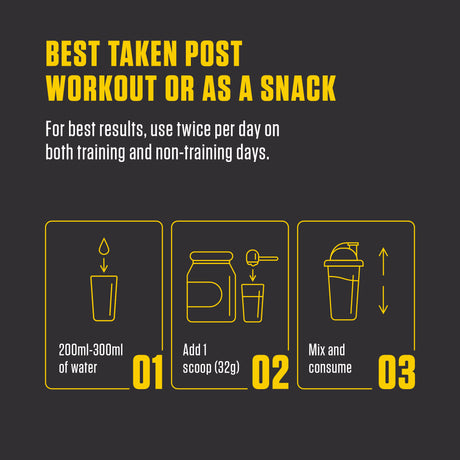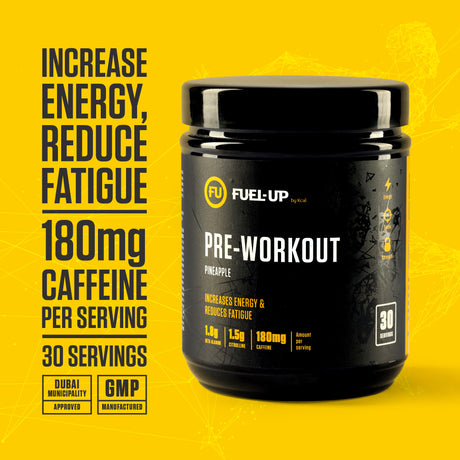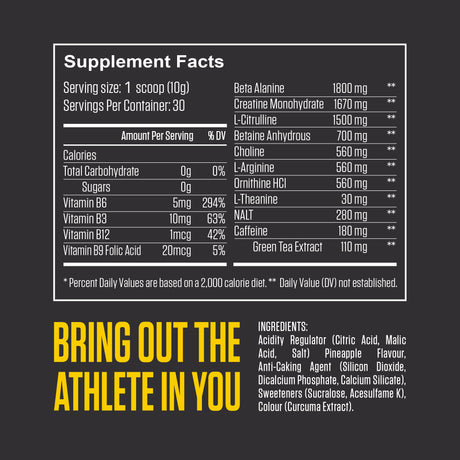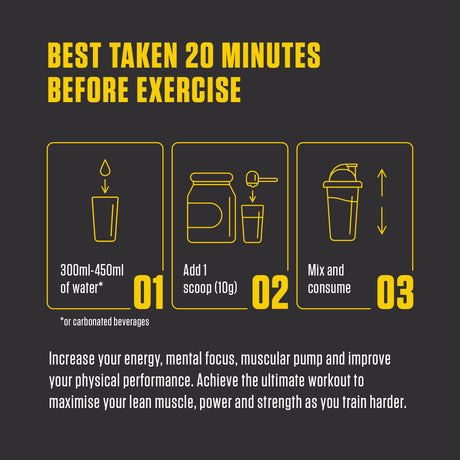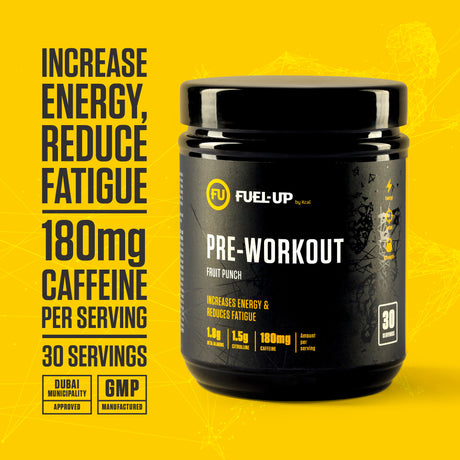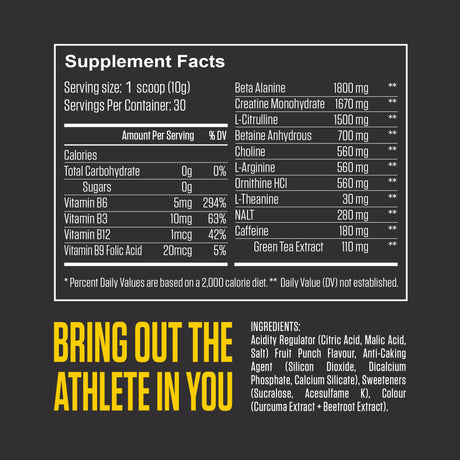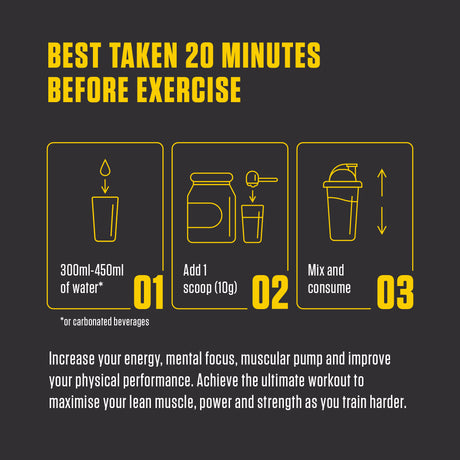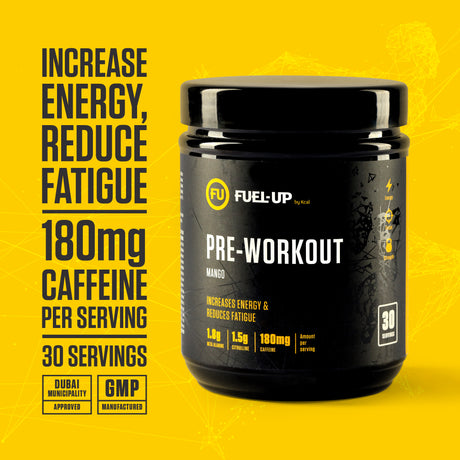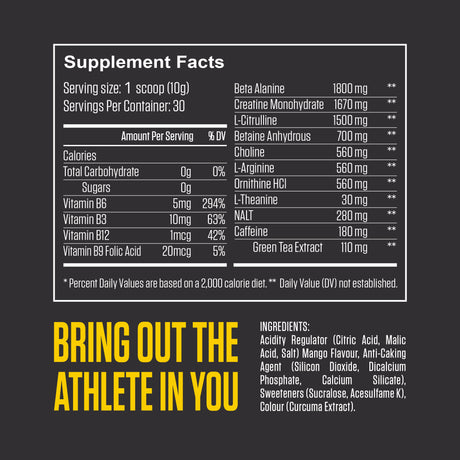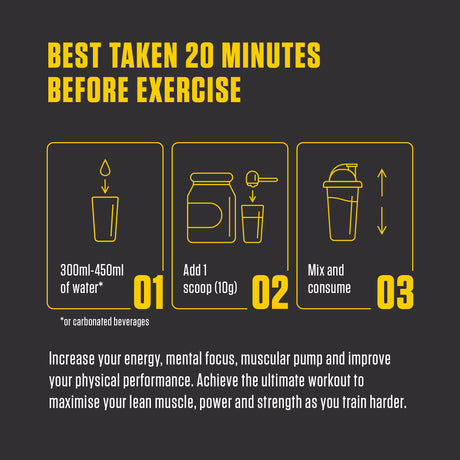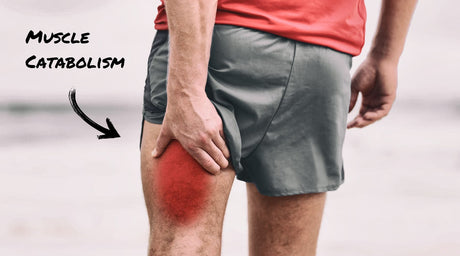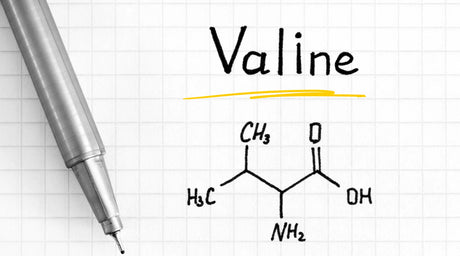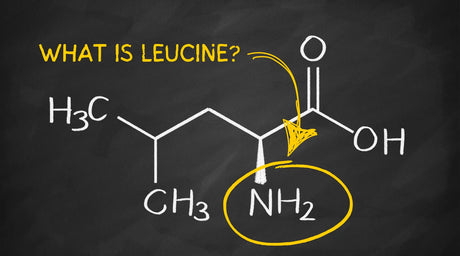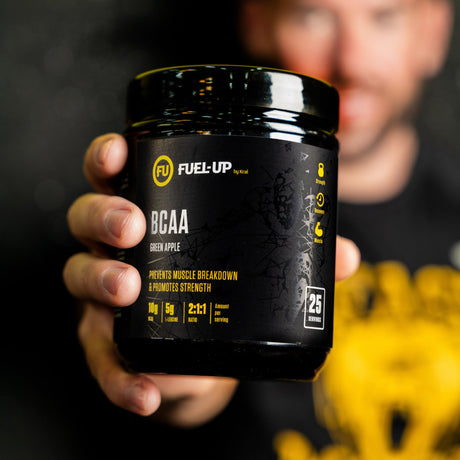Muscle catabolism is the process by which the body breaks down muscle tissue to release amino acids, which can then be used for energy or to produce other molecules necessary for bodily functions.
This breakdown occurs when the body needs more energy than it takes in from food, or when certain conditions trigger it. Muscle catabolism is generally the opposite of muscle protein synthesis, which builds and repairs muscle tissue.
The Causes of Muscle Catabolism
There are a few factors that come into play that can cause muscle catabolism. We explore a few of the most common causes below.
Caloric Deficit

When the body is in a calorie deficit (burning more calories than it consumes), it may turn to muscle protein as a energy source, especially if carbohydrate and fat stores are low. This often occurs during intense dieting, fasting or prolonged periods of low energy intake.
Intense Exercise Without Proper Recovery

During prolonged or intense exercise, especially endurance activities like long-distance running, the body may start breaking down muscle tissue to use its amino acids for fuel. This is more likely if there are insufficient glycogen stores (carbohydrate energy stores) and if protein intake is low.
Inadequate Protein Intake

If the body doesn’t receive enough protein from the diet, it may begin to break down muscle tissue to obtain the essential amino acids needed for other vital functions. This is particularly common in cases of undernutrition or malnutrition.
Stress and High Cortisol Levels

Cortisol, a stress hormone, can promote muscle catabolism. During periods of physical or emotional stress, the body releases cortisol, which can lead to muscle breakdown as part of the body’s response to prolonged stress.
Illness or Injury

During illness or recovery from injury, the body may break down muscle to provide amino acids needed for healing and immune function. This process is often accelerated in conditions of prolonged bed rest or inactivity.
Ageing

As people age, they are more susceptible to sarcopenia, a condition characterised by muscle loss due to an imbalance between muscle protein synthesis and muscle protein breakdown.
Effects of Muscle Catabolism
Below, we’ve listed how the process of muscle catabolism can negatively impact our bodies.
Loss of Muscle Mass

Persistent muscle breakdown leads to muscle atrophy (loss of muscle mass), which can weaken the body and reduce physical strength.
Reduced Metabolism

Muscle tissue burns more calories at rest than fat tissue. Losing muscle mass due to catabolism can lower basal metabolic rate, making it harder to maintain a healthy weight.
Increased Risk of Injury
With decreased muscle mass, the body has less support for joints and bones, which can lead to a higher risk of injury and impaired physical function.
Reduced Physical Performance

Muscle breakdown reduces overall muscle strength and endurance, making physical tasks, exercise, and everyday activities more challenging.
How to Minimise Muscle Catabolism
What steps can I take to reduce the chance of muscle catabolism? We’ve listed a few steps below to help.
Adequate Protein Intake

Consuming sufficient protein throughout the day, especially after exercise, can help prevent muscle breakdown. Protein-rich foods and supplements (like BCAAs) are particularly useful for providing the amino acids needed for muscle maintenance and growth.
Resistance Training

Strength training and resistance exercises promote muscle protein synthesis, helping to offset muscle breakdown and stimulate muscle growth. Even during periods of calorie deficit, regular resistance exercise can help preserve muscle mass.
Caloric Balance

Avoid extreme calorie deficits, as they can accelerate muscle catabolism. If you’re aiming for fat loss, a moderate deficit combined with strength training and protein intake is generally more effective for preserving muscle.
Proper Rest and Recovery

Allowing adequate time for recovery between workouts is essential to prevent overtraining and minimise muscle breakdown. Getting enough sleep and managing stress can also help keep cortisol levels in check.
Balanced Diet

Ensuring a diet with adequate carbohydrates and fats can help spare muscle tissue by providing alternative energy sources for the body. When glycogen stores are full, the body is less likely to turn to muscle tissue for energy.
Minimised Through Proper Nutrition
Muscle catabolism is a natural process that can become problematic if it occurs excessively, leading to muscle loss and reduced physical performance. It can often be prevented or minimised through proper nutrition, regular strength training, and adequate recovery.

